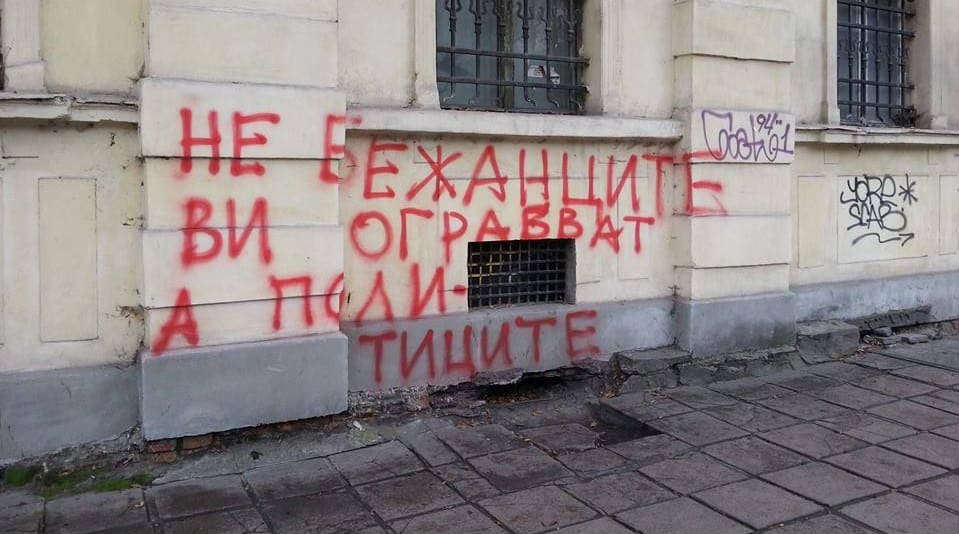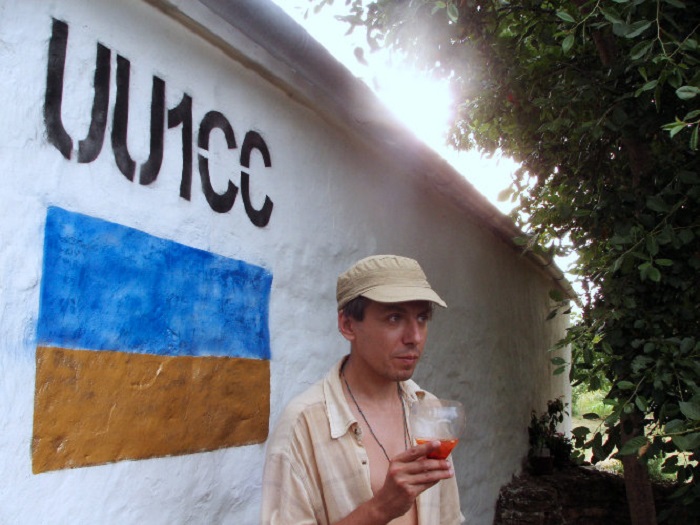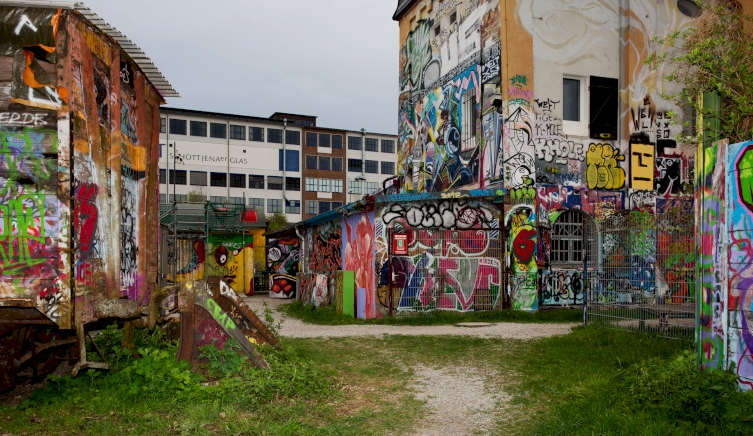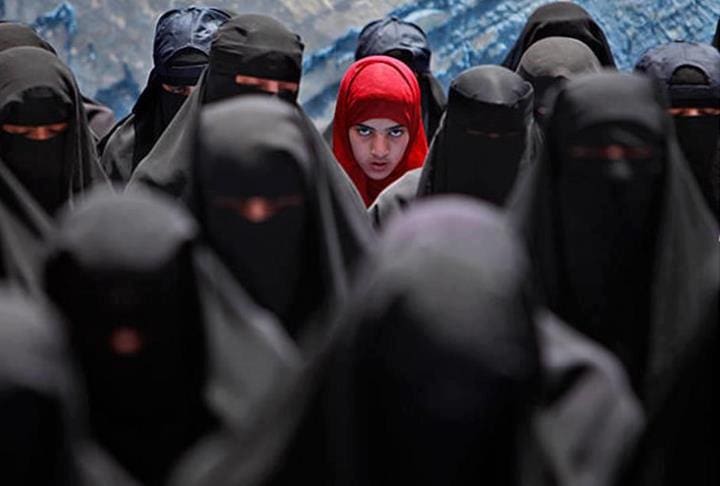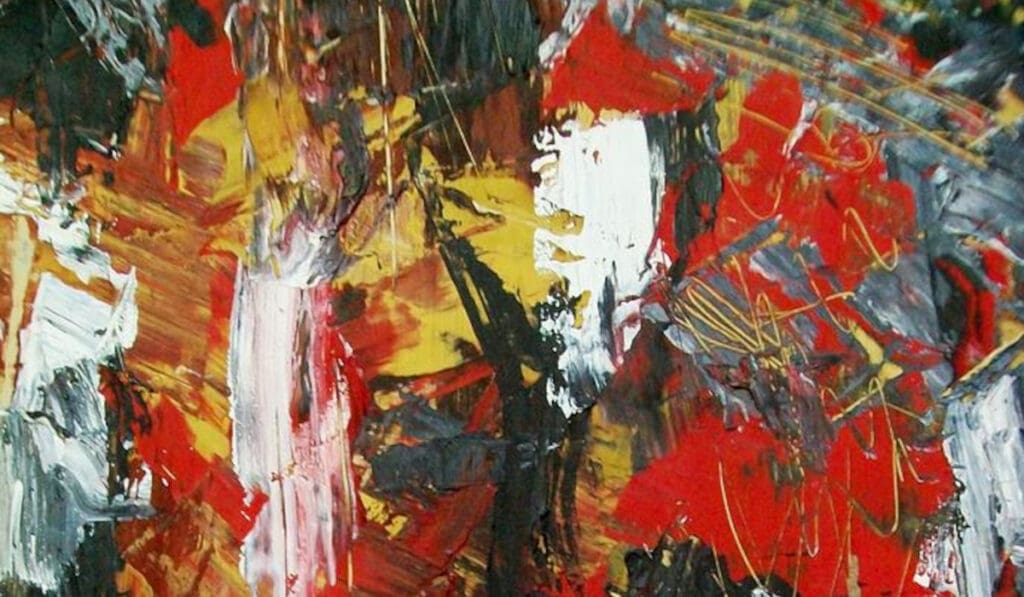AntiNote: this article was published by LeftEast in collaboration with the regional portal Bilten. We have not reproduced the link citations from the original post.
Bulgaria’s Refugee-Hunters
by Stanislav Dodov
30 August 2016
On 8 June 2016 the ZDF broadcast a news report about a paramilitary group, the self-proclaimed Bulgarian Military Union “Vasil Levski.” The piece was shot during a regular “migrant-hunting” operation by the unit in a forest near the border with Turkey. According to the report, by the middle of June there were about 800 individuals taking part in similar groups in Bulgaria.
Vigilante groups have three things in common: they push migrants back across the Turkish border, engage in enforcing unlawful “citizen’s arrests,” and make calls for a self-organized, militant response to events perceived as threats to Bulgarian national identity – from the “migrant invasion” to the corrupt oligarchic parties in power – towards a new national Revival.
Their fascist rhetoric depicts the nation as one under threat by “foreign hordes” and international conspiracies, with the only way of saving it being to retake the state through a collective militant response from the people. For example, the homepage of the Bulgarian Military Union “Vasil Levski” – one of the most prominent organizations performing citizen’s arrests of migrants – overflows with this type of rhetoric in every single piece of writing.
Although these activities began emerging in February, these organized right-wing groups have already gained worldwide notoriety – along with the aforementioned ZDF piece, VICE came out with a large article on 16 June showing the day-to-day life of one of the “fathers” of the movement, Dinko Valev, the “ATV-riding migrant hunter.” Global Voices spreаd an article on the recent growth of these groups, and currently international support is starting to pile up with the recent call of Tatjana Festerling, ex-PEGIDA frontwoman, to all males in Europe to support the Bulgarian vigilantes in protecting Fortress Europe.
But how did these groups grow in numbers and gain publicity so fast? What are the actual factors, or rather, situations and relations – in Bulgaria, at least – that allowed for the apparently rapid scaling-up of this movement?
The first public appearance of a vigilante group came on 18 February. In it, mixed into DIY footage portraying scenes of migrants lying on the ground with their hands tied behind their backs, Dinko Valev, a soon-to-be Bulgarian superhero, narrates his first encounter with migrants and his patriotic instinct to tie them and hand them over to the border police, fulfilling his civic duty.
At the time, there were some vaguely negative reactions to this act, but in the mainstream media the critical analyses and condemnations by popular journalists, activists and politicians came much later – in April, after a second case of a similar gang leader, which was when their feats emerged publicly.
Polina Paunova, a well-known liberal journalist, attributes the flimsy state response – the eventual condemnation of these “citizen’s arrests” – to the denunciation by Western media, and not to the intrinsic values held by a “genuine” democratic state. Because, as Paunova puts it, while we’re still not talking about the importance of holding values such as respect for diversity, which – in contrast to Europe – are absent in Bulgaria, even the senses of both politicians and journalists are not just dulled – they are yet to be developed.
Such a transitional-evolutionary approach is widely shared among the rightwing liberal intelligentsia. For example, journalist Samuil Petkanov claims that [w]e accept all who behave like parapithecus, he to whom Evolution has yet to happen. The Evolution which brings the sense of human dignity and the impulse to safeguard it, instead of letting them turn us into monkeys.
Other public figures reinforce the evolutionary underdevelopment of the Bulgarian nation-state, which allegedly allows for such anti-European practices, by stressing reminiscences of the past. Conservative intellectual Theodora Dimova claims that it is [t]rue that lawlessness and impunity reign in our country, and that [c]itizens have the right to protect their country, their property and life. The citizens shouldn’t be passive in the face of law violations, she says, implicitly referring to cases of “illegal” border-crossings. We’re always divided, the argument continues. Half of Bulgarians valorize Dinko, the other half repudiate him, she adds, implying that national unity is needed, in one form or another.
But most of all, Dimova’s article suggests that there are national features, which were deeply engraved by the Communist regime, which hinder the desired evolution. As аn example she gives Atanas Stoykov-Premyanata, a communist and a partisan from the 1920s, who operated in the same area in the Strandja Mountain as Dinko Valev. Stoykov was praised as a heroic fighter by the Bulgarian Communist Party. Dimova argues that this kind of mentality still dominates society in 2016.
In an article for Deutsche Welle Bulgaria, Haralan Alexandrov, a famous cultural anthropologist, holds that the exhibitionist-voyeur culture is not a product of simply “Bulgarian stupidity,” referring to the act of arresting and humiliating people while capturing everything on camera. Still, [w]hile elsewhere one simulates prestige, status, knowledge and wealth, here we simulate ordinary savagery, and that is just because in the minds of some people it is prestigious to be cruel, primitive and rough to the weaker. The scandalous selfies just outline and zoom in on some local cultural phenomena that otherwise remain invisible.
To summarize, a large and influential portion of the mainstream discourse criticizing the activities of vigilante groups puts the blame on constructs such as culture, national mentality, communist history, the never-ending Transitional Period, and our retarded evolution.
There are, occasionally, subjects claiming explicitly that institutions do a bad job of criminalizing and punishing these groups. The most vocal proponent of this argument is the Bulgarian Helsinki Committee (BHC). They were the first to react to the video of Dinko and his appeals for joining his self-organized “migrant-hunting” squads in February. Yet there have been no publicly visible accusations of state incompetence going beyond the idea of inadequacy – a binary logic according to which it is adequate to prosecute the groups, while the opposite is inadequate. As Paunova puts it, It’s all about a functional illiteracy regarding how the state works. She implies that the state can only function in a certain (liberal) way while any other way represents an aberration.
These views seem to miss the few crucial points and developments over the last few months which reveal something about the state’s response to the appearance of vigilante groups.
In March, Rumyana Bachvarova, Minister of the Interior, admitted that for the time being (nearly a month) the police authorities were not taking any further measures in cases of “citizen’s arrests” of migrants despite the already widely circulated video of Dinko Valev, and despite the Bulgarian Helsinki Committee’s protests. She classifies his act as an exception – it’s not common practice.
On 6 April, Antonio Angelov, director of the border police directorate, officially awarded a symbolic prize to a third vigilante group, the Organization for the Protection of Bulgarian Citizens, and the next day announced on national television that the police were ready and willing to cooperate with such groups.
In an interview published on 15 April, Radoslav Sotirov, director of the regional border police department in Elhovo, stated multiple times that these patrols have no right to detain, and suggested that “volunteers” must move like citizens, and not like hunters. He then provided the concrete rationale for cooperation between the police and the vigilantes, as well as specific instructions as to how such a cooperation would to take place.
In April, Alpha Research, one of the leading opinion-polling agencies in the country, undertook a survey, asking Do you approve of the citizen’s arrests of refugees? (implying that such a question is, in fact, legitimate). The results show that 29.4% of respondents answered Yes, and 25.4% answered Mostly yes.
At a conference of the VMRO (one of the leading nationalist parties in Bulgaria, a partner in the governing coalition), held on 17 April, Georgi Parvanov, ex-President of the republic, ex-leader of the Bulgarian Socialist Party, and current leader of Alternative for Bulgarian Revival, called for legal changes that would allow the [c]reation of a civil guard with clear responsibilities related to supporting the handling of the migrant flood on the Bulgaria-Turkey border, and a unifying presidential candidacy.
On the opposite side of the party spectrum, a member of the Democrats for a Strong Bulgaria (heir to the Union of the Democratic Forces, the first rightwing party to reach power after the fall of the socialist regime in 1989) said from the tribune of the National Assembly that [i]f there are people who, as citizens, wish to fulfill their constitutional duty of securing the border, then let the state take care of the organization and patronage of this process, instead of allowing self-initiative.
Two months later, the already existing discourse suggesting that these groups were supported by Russia gained public significance. This was stated at first by Iliyan Vasilev, ex-ambassador to Russia, and then reinforced by Boyko Stankushev, head of the press center of the Minister of the Interior. He claimed that the Warrior’s Union “Vasil Levski” and the BNM (Bulgarian National Movement) “Shipka” – the two main paramilitary organizations engaging in vigilante practices – received solid support from Russian agents in the country, and that they represented an attempt to persuade [the public] that the state cannot fulfill its duties of securing the border. […] The plot involves shaking the existing constitutional order by means of populist propaganda, thereby causing the state to reorient, so as to become dependent on the current rulers of Moscow. He continues that “[t]o me, these people are not patriots. What merit and service did they achieve?”
So, what is it that we gather through this brief chronology of the response given to the paramilitary groups by systemic powers – ministers, high-ranking officials of the Ministry of Interior, party leaders, major polling agencies, diplomats?
First and foremost, we must conclude that the mainstream liberal logic of “state adequacy” is hardly applicable. The messages sent by the state are inconsistent even in terms of PR. Far from the simple binary logic of “to arrest them or not,” the systemic powers stray a long way (and rapidly) from impartiality, through interpretations of issues such as legality and civic duty, to the open legitimization of paramilitary groups and, ultimately, attempts for legislative changes.
Further, it seems that state authorities, their liberal critics, and the vigilante groups share a common narrative. Although their means of reacting differ – the authorities navigate their vocabulary according to the dominant voices in a given period, while the liberal journalists, experts, and activists write articles, and the vigilantes themselves act directly “on the ground” – their main ideological appeal is reduced to the same message: “The state is dysfunctional, so the people need to unite and react.”
Recently, the discourse claiming “Russia is supporting the vigilantes to destabilize the state” (no matter whether referring to actual facts or not) has been serving well to blur the difference between a strictly nationalistic nation-state and an EU-oriented one, since in both cases the rejection of Russia as a supposed heir to communist ideas is widely shared. Also, this discourse allows the authorities a certain excusable distance from the vigilantes which they can evoke when the legitimacy of these groups becomes a threat.
This emerging explanatory scheme as to why the vigilante groups are not all that bad, or why they even deserve support, draws arguments from supposed Bulgarian cultural specificities and is used by nationalists and liberals alike. “The state is dysfunctional or inadequate,” the logic goes, “because the people are inadequate” to national or European values, respectively. Both groups attempt to fix the inadequate people through exhortations to individual responsibility: the vigilantes through regular calls to arms, calls for “awakening,” and recruitment messages on the social media; the mainstream liberal figures through appeals to European/democratic values and development; the state representatives through wandering between the other two.
The subject of all these calls emerges as “the citizen” – one who protects the border, despises the corrupt institutions and works for the National Revival, and at the same time is the ultimate subject to bear the project for (national) unity. But when culture looks like a weak argument, the aforementioned evolutionary ones resort to a dangerous convergence with classic racist paradigms, thus further blurring the line between liberal and nationalistic discourses.
The initial question – how these groups grew so fast, in numbers and popularity – looks less relevant after this brief analysis of key media appearances. Added to the fact that the information about the actual conditions of these groups is scarce, and that even people following their development can confirm almost nothing, it seems that the existence of vigilantes as a powerful group outside media commentaries is nearly phantasmal.
The specific organizational recruitment strategies of these groups remain, to this day, unclear and obscured by conspiracy. What’s more, some otherwise significant differences fade in importance. For instance, whether these groups include, say, 800, or thousands of people, or are actually a small bunch of volunteers – none of them keeps a record of its members, and even if they did, they would have no interest in sharing actual figures. It is also rarely mentioned that some groups are legally registered entities (OZBG is registered as an NGO) while others are completely informal, or that some of them have international connections and funding while others straddle the line between a reality show and one-off volunteering practice. All these nuances merge in the public debate and imagery related to the subjectivity of “migrant-hunting” paramilitary patriot groups, squads, patrols, vigilantes.
Yet journalism that presents opinions other than those of the vigilantes themselves, liberal intellectuals, and state representatives is all but absent. One article presents interviews with people living near the border – most of them are sympathetic to the migrants and do not approve of Dinko’s actions. Against these faint voices, there is Alpha Research’s nationwide and widely shared survey.
In order to react to the dysfunctional state, the people need unity, so subjects from all parts of the political spectrum call for such unity. Meanwhile, the phantasm of vigilante groups has been lurking dangerously in the public debate for quite some time now, as a subject ready to carry out this task, being an actual transformation of the “citizen.” This whole tendency could serve as living proof that nationalistic direct action by “citizens” is not just possible, but under certain circumstances, allowed and even welcomed.
Considering that the current ruling coalition comprises the Patriotic Front (which unites two different nationalistic parties) and a centrist-rightwing majority, it should be stressed that, as shown in this article, mainstream rightwing liberal commentaries do not only soften nationalistic appeals through the appropriation and adjustment of the meaning of “patriotic” and “pseudоpatriotic.” They achieve much more – they mediate the extreme rightwing’s path to power, doing all of its dirty work.
Stanislav Dodov studies philosophy and the mysterious ways of educational policy. He’s also a member of dVERSIA.net, an activist magazine concerned with radical politics.
Featured image text: “It is not refugees that rob you, but politicians”

